With one electric vehicle registered every 60 seconds, EVs now account for more than 16% of overall sales, making Britain Europe’s second largest zero emission car market by volume.
And yet the early-adoption electric revolution risks stalling, according to latest data from the Society of Motor Manufacturers and Traders (SMMT) whose members met this week at the Electrified event to discuss how to maintain mass market uptake following a 21-fold growth since 2018.
“Delivering a faster and fairer mass transition, however,” said the SMMT, “is threatened by the absence of support for private buyers, many of whom plan to go electric but are delaying due to concerns over affordability and uncertainty regarding the availability of a nationwide charging network.”
Its figures indicate that uptake of battery electric cars has soared over the past five years from representing just 0.7% of the 2018 new car market to an estimated 17.8% by the end of the year.
“Good progress,” it noted “but the market must move even faster to meet net zero ambitions.”
It pointed out that sales to private buyers have fallen from more than one in three, to less than one in four marking a shift, originally driven by private consumers, to fleets and business buyers.
In addition, the 2022 removal of the Plug-in Car Grant made Britain the only major European market with no consumer EV incentives albeit with the country with most ambitious transition timeline.
Driving up demand is made more urgent by the proposed Zero Emission Vehicle Mandate which will require the manufacture of EVs but which has still to be finalised with only 100 days to go until implementation.
The SMMT said private drivers also want to make the switch from petrol to electric cars, as a new survey commissioned from Savanta shows. Two thirds (68%) of non-EV drivers surveyed said they want to make the switch, but just 2% plan to invest this year and 17% in 2024 – with more than half saying they will not be ready until 2026 or later.
Getting consumers to buy sooner, however, depends on financial incentives (68% of respondents) and ready access to affordable, reliable public charging (67% of respondents).
It said government-backed incentives could include reducing VAT on EV purchases to mirror existing discounts on other environmental products such as solar panels and heat pumps.
Raising the threshold for the Vehicle Excise Duty ‘expensive car supplement’ from its 2017 level to reflect today’s costs – or exempting EVs altogether – would also help while taxation would be fairer if VAT on public charging matched home charging at 5%, not 20%.
Mandating targets for chargepoint rollout would also help overcome the other issue holding back consumers – insufficient infrastructure. Such measures would improve the attractiveness of EVs to British consumers and flow through to the second hand market, increasing demand and helping address concerns about the residual values.
Mike Hawes, SMMT chief executive, said: “Government has recently demonstrated its commitment to EV manufacturing in the UK and that commitment must be extended to the consumer. With a new – and still to be finalised – Zero Emission Vehicle Mandate due to revolutionise the market in just over 100 days, supply must be matched by demand. A comprehensive package of measures would encourage households across the UK to go electric now, boosting an industry slowly recovering from the pandemic and delivering benefits for the Exchequer, society and the global environment.”

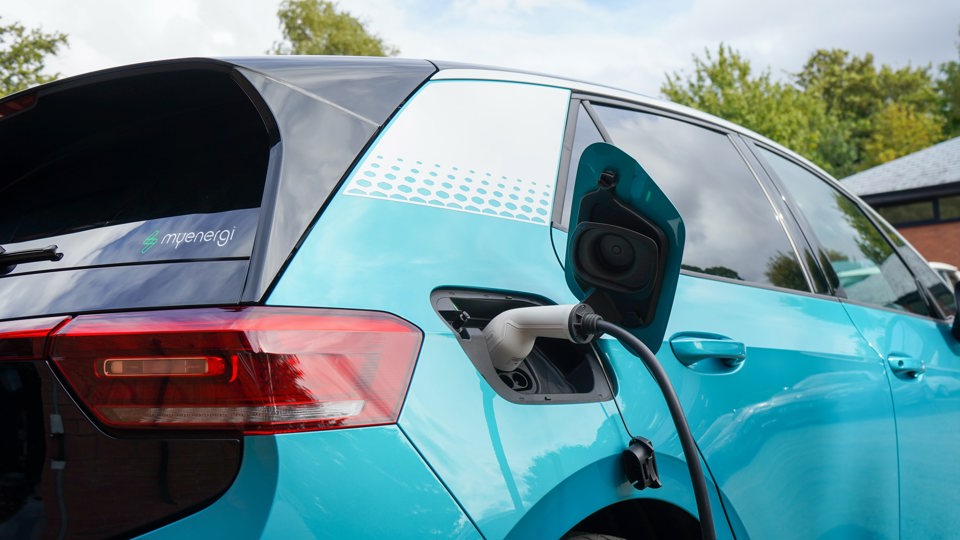


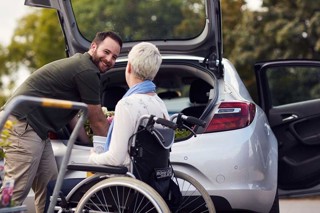
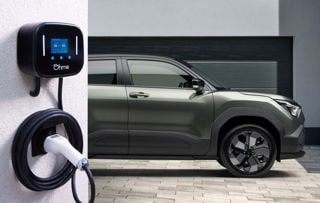
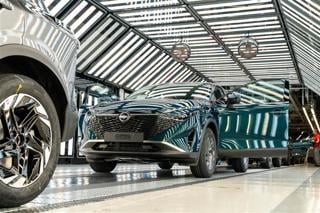
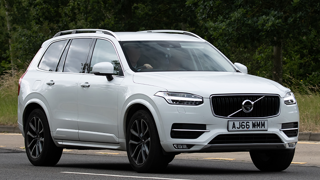














Login to comment
Comments
No comments have been made yet.